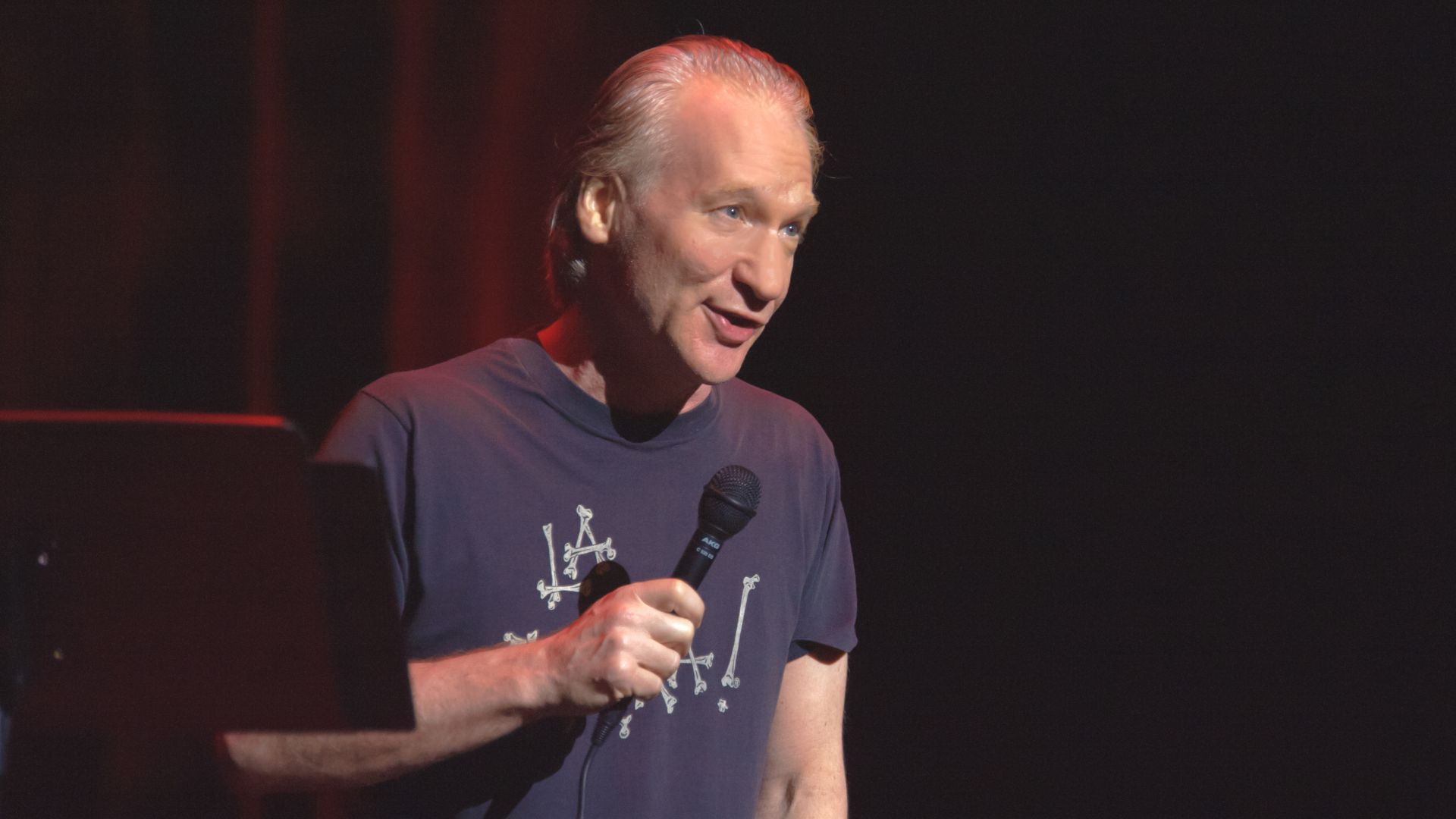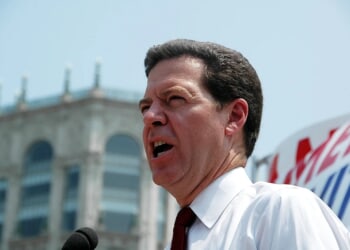
President Donald Trump delivered remarks this week in Abu Dhabi, commending the Middle East’s recent development and highlighting the region’s shift toward prosperity and peace under its own leadership.
Speaking before an international audience, Trump emphasized that the transformation in cities like Abu Dhabi and Riyadh was not the result of foreign intervention but the product of local leadership and regional decision-making.
During the speech, Trump criticized decades of U.S. foreign policy centered on interventionism and nation-building, calling those efforts counterproductive and harmful.
Trump’s Sovereign Wealth Fund: What Could It Mean For Your Money?
He stated that many Western-led attempts to impose governance models on foreign cultures led to instability rather than progress.
“The progress in this region was not brought by neocons, Western elites, or left-wing nonprofits,” Trump said.
“It was built by the people who live here, who decided to turn away from chaos and conflict and toward prosperity and opportunity.”
.@POTUS: The gleaming marvels of Riyadh and Abu Dhabi were not created by the so-called nation-builders… who spent trillions of dollars failing to develop Kabul and Baghdad… the birth of a modern Middle East has been brought about by the people of the region themselves. pic.twitter.com/SluRou2mv6
— Rapid Response 47 (@RapidResponse47) May 13, 2025
This Could Be the Most Important Video Gun Owners Watch All Year
Trump’s remarks reinforced what observers and commentators are calling the emerging “Trump Doctrine,” which redefines U.S. foreign policy around non-intervention, respect for sovereignty, and economic cooperation over military entanglements.
The speech sparked further discussion during a segment on HBO’s Real Time with Bill Maher, where Maher and CNN commentator Scott Jennings examined Trump’s evolving foreign policy approach.
“Now we have the Trump Doctrine,” Maher said.
“Which is, I think, as much of a departure as any doctrine a president has ever promulgated. Because what he is saying is, and I’ll give you some of the quotes, is, ‘In the end, the so-called nation builders wrecked far more nations than they built.’”
Maher noted that Trump’s critique of interventionism mirrors long-held views on the anti-war left, especially those voiced during the Vietnam War and the Iraq invasion.
“‘Interventionists were intervening in complex societies that they did not even understand,’” Maher quoted from the speech.
“Now, I gotta say, this is something people on the left said about Vietnam… We said it about Iraq — what are we doing here?”
Jennings, a GOP strategist and veteran political operative, said Trump’s approach marks a major departure from previous Republican orthodoxy.
“Something about the Republican doctrine that is fascinating to me,” he said.
“I’ve been in the party for 25 years, working in it. We’ve always been war and peace. I think Trump has changed it to peace and war.”
According to Jennings, Trump remains willing to act militarily when necessary — referencing past operations against Houthi rebels — but the underlying principle is restraint.
“He’s still hawkish enough to bomb people that need to be bombed,” Jennings said, “but he’s talking to a broader base now.”
Jennings noted that Trump’s message is resonating with a coalition of voters not traditionally aligned with the GOP.
“Maybe they were Democrats before; maybe they weren’t even political before,” Jennings said.
“That growing base would much rather hear an American president talk about peace.”
During the segment, Maher observed that banners at Trump’s Middle East rally read “Peace through strength,” echoing a phrase famously used by former President Ronald Reagan.
Jennings agreed that the message is gaining traction with the public. “Putting peace ahead of war — pretty popular with the American people right now,” he said.
President Trump has flipped “war and peace” to “peace and war” — and even people on the left are getting on board.
When even @billmaher‘s @RealTimers audience is applauding the new Trump doctrine, it’s clear a seismic shift is underway. pic.twitter.com/PrjMn8CRCn
— Scott Jennings (@ScottJenningsKY) May 17, 2025
Trump’s remarks in Abu Dhabi come amid ongoing shifts in U.S. foreign policy priorities and growing criticism of past international interventions.
As the Republican Party adapts to the current political climate, Trump’s position appears to be redefining the party’s approach to global affairs.
Connect with Vetted Off-Duty Cops to Instantly Fulfill Your Security Needs

![Jennings: Trump Flipped 'War and Peace' to 'Peace and War': Seismic Shift Underway [WATCH]](https://www.right2024.com/wp-content/uploads/2025/05/Jennings-Trump-Flipped-War-and-Peace-to-Peace-and-War-750x375.jpg)
![Trump Posts Hilarious Pope Meme, Leftists Immediately Melt Down [WATCH]](https://www.right2024.com/wp-content/uploads/2025/05/Trump-Posts-Hilarious-Pope-Meme-Leftists-Immediately-Melt-Down-WATCH-350x250.jpg)



![Bessent Exposes Media Lies About April’s Stock Market Performance [WATCH]](https://www.right2024.com/wp-content/uploads/2025/04/Bessent-Exposes-Media-Lies-About-Aprils-Stock-Market-Performance-WATCH-350x250.jpg)

![Taylor Swift Slams Subpoena in Blake Lively’s Explosive Legal Battle [WATCH]](https://www.right2024.com/wp-content/uploads/2025/05/1746936931_Taylor-Swift-Slams-Subpoena-in-Blake-Livelys-Explosive-Legal-Battle-350x250.jpg)

![Eric Adams Pushes Back on Schumer’s Coast Guard Cutback Claims After Brooklyn Bridge Tragedy [WATCH]](https://www.right2024.com/wp-content/uploads/2025/05/Eric-Adams-Pushes-Back-on-Schumers-Coast-Guard-Cutback-Claims-350x250.jpg)
![Wild Road Rage Brawl Erupts in Milwaukee [WATCH]](https://www.right2024.com/wp-content/uploads/2025/05/Road-Rage-Turns-Violent-in-Oregon-Minivan-Mows-Down-Motorcyclist-350x250.jpg)





